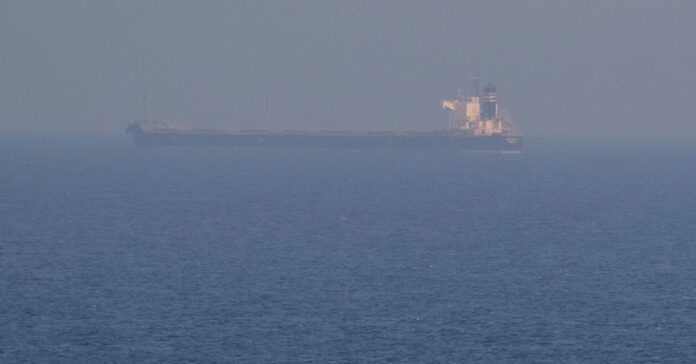An end to the Black Sea grains deal would hit the Horn of Africa hard, aid officials said on Monday, warning that another hike in food prices would add to the tens of millions of people facing hunger, according to Reuters.
Moscow has been threatening to walk away from the deal known as the Black Sea grain initiative – brokered by the United Nations and Turkey in July last year – if obstacles to its own grain and fertilizer shipments are not removed. A Ukrainian envoy has said he was 99.9% certain Russia would quit when it comes up for renewal on July 18.
Famine in parts of the Horn of Africa was averted this year as the rainy season, projected to fail for a fifth consecutive year, beat expectations. But aid officials say some 60 million people are still food insecure in seven east African countries and worry about the impact of a further blow.
“A non renewal of the Black Sea initiative would absolutely hit Eastern Africa very, very hard,” Dominique Ferretti, World Food Programme Senior Emergency Officer, told a Geneva briefing. „There’s a number of countries that depend on Ukraine’s wheat and without it we would see significantly higher food prices.”
WFP is seeking to pre-position as much food as possible and would be compelled to try to switch suppliers if the deal were scrapped, Ferretti added.
Brenda Lazarus from the Food and Agriculture Organization, said that diets in Somalia, Sudan Djibouti and Eritrea were focused on wheat and any change would be „very slow”.
U.N. data shows that around 700,000 tonnes have been shipped to Kenya and Ethiopia since the Black Sea deal began. While that is only about 2% of the total volume, the region has also been hit by the surge in wheat prices since Russia’s Feb. 2022 invasion of Ukraine, although prices have since retreated.
A World Health Organization official said some 10.4 million children faced acute malnutrition and reported the highest admittance levels to medical facilities in the past three years in Somalia, South Sudan and parts of Kenya.


